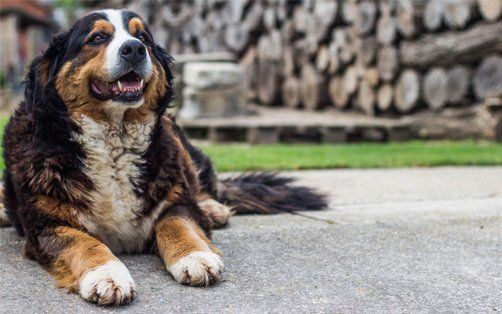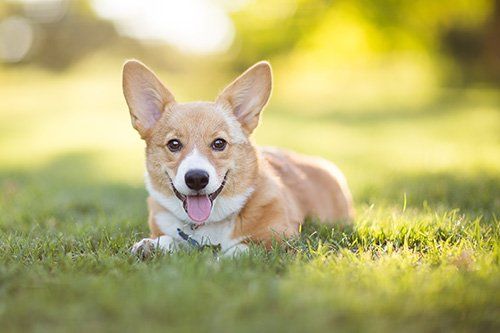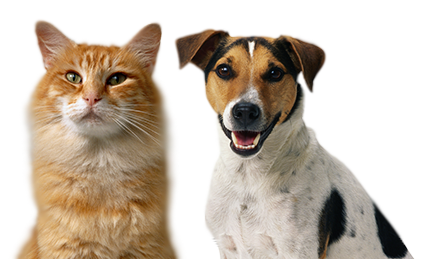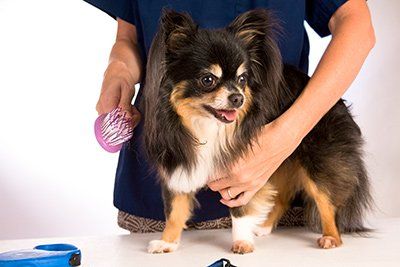When you have had a dog for many years, it can come as a shock when they reach about 7 to 9 years old and are suddenly considered to be a senior. However, this is an inevitable part of your dog's life.
If your dog is a senior now, there are many ways that you can provide them with care and support in their old age. The best way to care for your senior dog, though, is through preventative care.
Such care can make a major difference in your senior dog's quality of life. Get to know some of the preventative care steps you can take to keep your senior dog as healthy as possible.
Keep Up with Their Dental Care
Just like with humans, as dogs age, their teeth can become a problem. The teeth weaken as levels of calcium and other nutrients lower in the body with age. If you want to make sure your dog does not suffer from painful gingivitis, periodontal disease, or eventual tooth loss, you will need to keep up with their dental care.
At home, you can brush their teeth and gums once a day with a dog toothbrush and dog toothpaste. The easiest toothbrushes to use for dogs are often those that go on your finger like the finger of a glove. If your dog trusts you and is used to you touching their face and mouth, they will be more comfortable with such an option.
If you cannot brush your dog's teeth every day (if they do not cooperate and lock their jaws, for example), you can try dental support treats. These treats are designed to clean the teeth and freshen the breath.
Of course, you will also need to take your dog in for regular dental checkups and cleanings with your veterinarian. Experts usually recommend that dogs go in for full dental cleanings once a year at most because the procedure requires your dog to go under anesthesia.
Their teeth and gums will be scraped and cleaned, and the veterinarian will take x-rays of their mouth to ensure there are no major issues with the teeth or with the mouth as a whole. In order to avoid further anesthesia, during this procedure the veterinarian will also take care of any teeth that need to be extracted.
Along with preventing gum disease and periodontal disease, proper dental care can also prevent numerous other health issues. These health conditions include heart, kidney, and liver diseases, all of which can be linked to dental problems.
Watch Out for Signs of High Blood Pressure
Hypertension, more commonly known as high blood pressure, is an issue that many senior dogs face. It is important to look out for signs that your dog's blood pressure may be an issue so that their blood pressure does not have a major negative impact on their health or lead to cardiovascular failure.
Signs of high blood pressure include blindness, circling or general disorientation, bleeding from the nose, blood in the urine, bleeding in the eye, and seizures. If you notice any of these signs or symptoms in your dog, take them to the veterinarian right away.
To prevent high blood pressure in your senior dog, there are some steps that you can take. Avoid foods that are high in salt — including sodium and potassium chloride — because salt can cause blood pressure increases. Oftentimes this means switching to a senior formula dog food and avoiding table scraps and human food as much as possible.
You can also prevent high blood pressure by taking your senior dog in for regular checkups with their
veterinarian. Ideally, you would want to take them in every six months — or at least once a year — for a physical examination. If you have noticed any abnormalities in your dog's body or behavior, you’ll also want to get blood work performed at this time.
With these tips in mind, you can be sure that you are giving your dog the preventative care they need to be as healthy as possible in their senior years. When you need a veterinarian in the Sterling Heights, MI, area, rely on North Suburban Veterinary Hospital.









